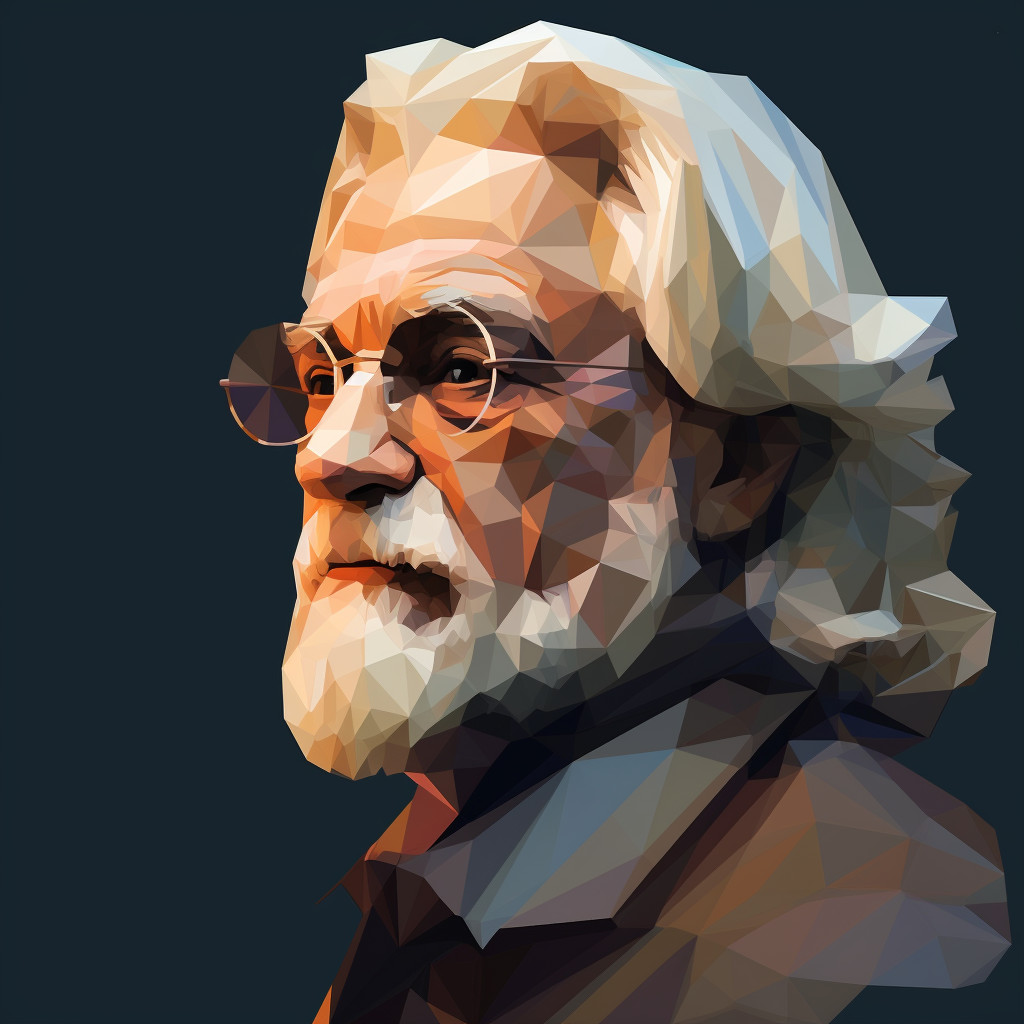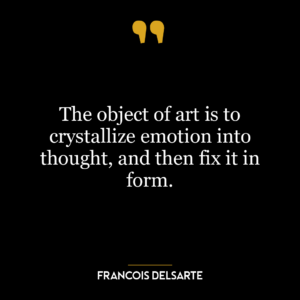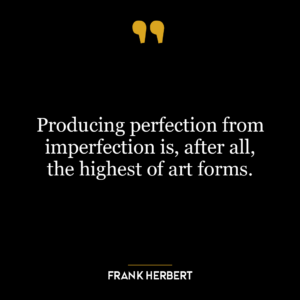This quote, “Life is eternal. You are immortal. You never do die. You simply change form,” fundamentally challenges our conventional understanding of life and death. It posits that life is not a finite journey that begins with birth and ends with death, but rather an infinite, ongoing process of transformation.
The assertion that “You are immortal” suggests that our essence, whether you call it soul, consciousness, or spirit, is not confined to our physical bodies or this earthly existence. It transcends the physical realm and continues on, even after our bodies cease to function. This is a concept found in many spiritual and religious traditions, which often speak of an afterlife, reincarnation, or some form of existence beyond physical death.
The statement “You never do die. You simply change form” further emphasizes this idea. It suggests that what we perceive as death is not an end, but rather a transition, a change in the form of our existence. This could mean a shift from a physical existence to a spiritual one, or a transition into a different state of consciousness.
Applying this perspective in today’s world or in personal development can have profound implications. For one, it can change how we view and deal with death – not as a fearful end, but as a transformation, a part of our ongoing journey. This can bring comfort and acceptance in times of grief and loss.
Furthermore, if we see ourselves as eternal beings, it can shift our focus from short-term, materialistic goals to more long-term, spiritual growth. It can encourage us to seek deeper meaning and purpose in our lives, to value our relationships and experiences more than our possessions, and to live in a way that contributes positively to the world, knowing that our impact will continue even after we’re gone.
In terms of personal development, it can foster a sense of resilience and courage. If we believe that our essence is immortal and that we simply change form, we may be less afraid of change, challenges, or even failure, seeing them not as threats, but as opportunities for growth and transformation.
Overall, this quote invites us to expand our understanding of life and death, to embrace our potential for growth and transformation, and to live with a deeper sense of purpose and fearlessness.









